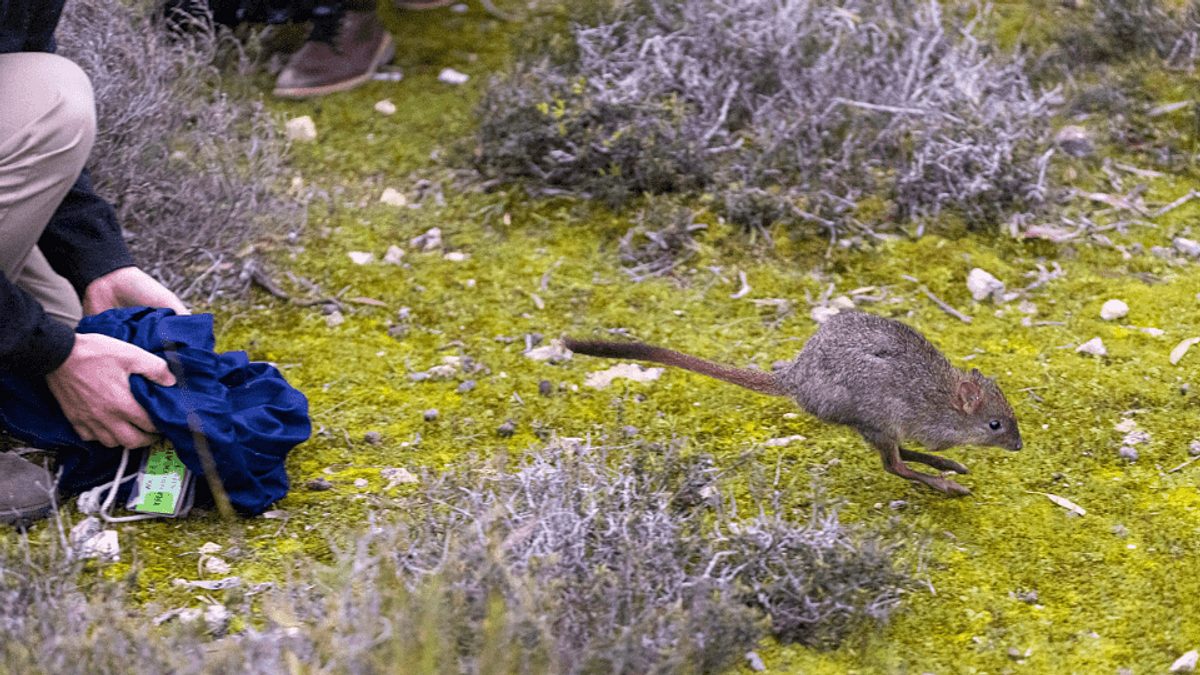Reducing the impact of pesky summer pest plants
As the weather heats up, landholders across the Northern and Yorke region are encouraged to act now to control summer-active weeds.
Hot sunny days combined with summer rainfall provide ideal growing conditions for a number of problematic weeds, including Silverleaf nightshade (Solanum elaeagnifolium), African boxthorn (Lycium ferocissimum), African rue (Peganum harmala), Buffel grass (Cenchrus spp.), Caltrop (Tribulus terrestris), Khaki weed (Alternanthera pungens), Bathurst burr (Xanthium spinosum) and Field bindweed (Convolvulus arvensis).
Natural Resources Northern and Yorke Landscape Ranger Cameron Watson said that summer rains promote growth, with some species maturing to a seeding plant within a number of weeks.
“Controlling these weeds during their growing season limits the number of plants which reach maturity, thus reducing the seed stock and live plants for the next season,” Mr Watson said.
“It is also important to note that some species increase the fuel load for bushfires resulting in more intense and harder to control fires, so managing weeds early is essential.”
In most cases, agricultural or environmental pest plants have been introduced into an environment and become over abundant.
They can compete with crops and pasture for moisture and nutrients; contaminate crops; compete with native flora; reduce the agricultural and conservation value of land; and in many cases they can be toxic to people, livestock and native animals.
Pest plants have a major impact on Australia’s agricultural productivity and environment. Each year, more than $4 billion is lost through decreased production and the cost of control programs.
Natural Resources Northern and Yorke staff can provide a range of services to landholders to help them manage weeds on their property.
“We can help landholders with a free weed identification service, provide advice about the most appropriate management method for pest plants on their property and supply information on pest plants, control methods/chemicals and times to act,” Mr Watson said.
“At this time of year summer weeds are flush with flowers and fruit, making them easy to identify and target, so it is a prime opportunity to undertake control activities.”
Under the NRM Act 2004 the Northern and Yorke NRM Board is responsible for the control of roadside weeds, with associated costs being recoverable from adjoining landholders. Landholders wishing to undertake their own roadside weed control are urged to contact their local Council to ensure compliance with any local regulations.
For further advice regarding plant identification and management, contact the Natural Resources Centre in Clare on 8841 3444, or click here to access fact sheets and downloadable copies of the PIRSA Weed Control Handbook.
The latest version of the Biosecurity SA Weed control app is now available from the App Store and Google Play for Apple and Android devices.


